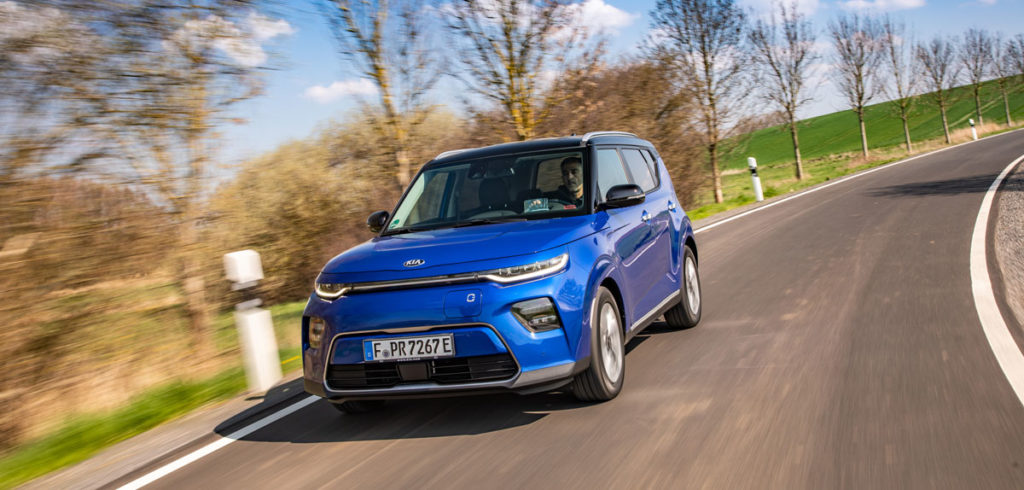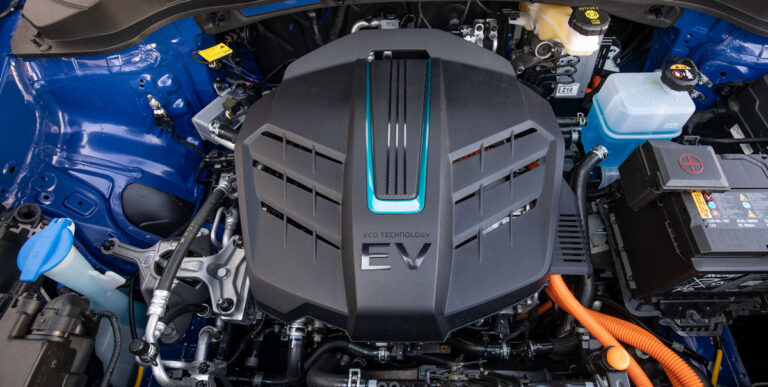With growing BEV uptake, it is becoming increasingly apparent that once an OEM has found an electric powertrain that really works, that manufacturer holds the key to producing a long list of notably impressive electric vehicles.
Well, there are no guarantees, but it has certainly been the case for the team over at Hyundai Kia. First turning heads with the remarkable Kia e-Niro and the Hyundai Kona Electric, the Korean auto maker had found a way to produce both significant range and performance for a reasonable price.
And while the brand struggled to meet production demand for its e-Niro over the course of 2019, they were on to a winner with the tech at its heart. So, when the time came to update the Soul EV, Kia took the electric powertrain platform almost directly from the e-Niro and wrapped the quirky body of the re-styled Soul around it.
What that means is that the 2020 Soul EV is equipped with the very same 64kWh battery pack and a 203ps front axle-mounted permanent magnet synchronous motor as the e-Niro, producing 450km of WLTP battery range and a considerable 394Nm of torque as a result.
That peak power and torque provides strong performance. Kia claims its latest – and priciest – BEV will hit 100km/h in around 7.6 seconds. So, drop the Soul into Sport mode and put your foot down and you feel that liveliness. Even when sitting at 50km/h – lack of power above 50km/h is a criticism often leveled at BEVs – the Soul EV will pull away swiftly at a touch of the accelerator.
Sitting behind the wheel, the Soul EV is an enjoyable place to be. NVH generated by the motors and the road is minimal, the ride isn’t overly firm, and the steering is light. Meanwhile, cornering is handled capably with little body roll and you get the feeling that you’d need to do something drastic to make the Soul EV lose composure.
When plugged into a 100kW charger, the 64kWh battery pack will hit 80% capacity in under an hour. But, as finding a 100kW charger isn’t easy, you need to take into account that a full regular 7.2kW home wallbox recharge will take 9.5 hours. So, an overnight charge. Not bad at all.
There is no doubt now that the team at Hyundai Kia has found a winning formula with its electric vehicle line-up, and the Soul EV is just another example of that. With impressive performance, range and ride quality, the new-generation Soul has the tech to justify all of its US$40,000 price tag.



